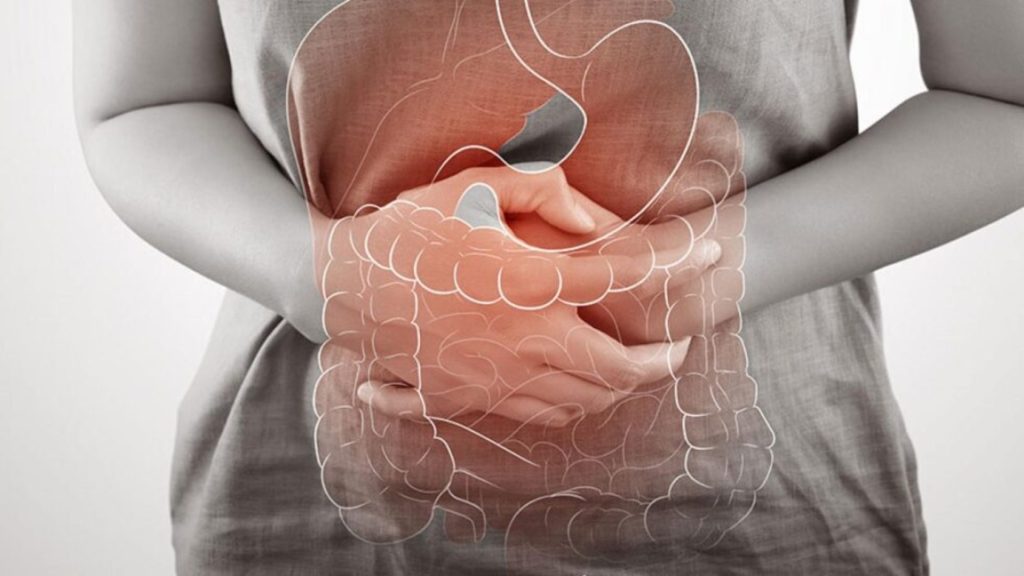Cases of Inflammatory Bowel Disease (IBD) are on the rise, and doctors say it’s more than just a matter of lifestyle choices like alcohol use.
IBD, which includes Crohn’s disease and ulcerative colitis, is a chronic condition that causes inflammation in the digestive tract, leading to severe discomfort, diarrhoea, cramps, weight loss and poor quality of life.
Though most commonly diagnosed in adults over 30, it can develop at any age.
Experts have identified several factors contributing to this troubling trend. A family history of IBD remains one of the strongest risk factors. Around one in five people with IBD have a close relative with the condition.
A study examining over 13,000 individuals between 1991 and 2003 found an increased risk of IBD following infections with Campylobacter and Salmonella.
Researchers have now identified over 200 genetic variations that may affect how the body’s immune system reacts to gut bacteria or how well the gut lining defends itself. However, genes alone don’t tell the full story.
Medications such as antibiotics also come under scrutiny. While useful in fighting infections, antibiotics can damage the gut’s natural defences by wiping out helpful bacteria and thinning the protective mucus layer. This makes the gut lining more prone to inflammation. Similarly, drugs like ibuprofen and other NSAIDs are known to worsen IBD symptoms.
Environmental factors are just as important. A Spanish study has shown that people living in cities are more likely to develop IBD than those in rural settings.
Experts believe the more sterile lifestyle in urban areas reduces children’s exposure to microbes that train the immune system. Combined with smoking, stress, and poor sleep, modern city life creates a perfect storm for gut issues.
Read Also: Toxic chemicals found in Nigeria’s water, expert raises alarm
Diet plays a key role. A Western diet high in fat, sugar, and processed foods is known to upset the balance of gut bacteria. In contrast, a diet rich in fibre seems to offer some protection.
Foods like burgers, sweets, and fried snacks can worsen inflammation, especially during flare-ups. Doctors also advise limiting caffeine, alcohol, and salty foods, as these may trigger symptoms in some people.
IBD remains a lifelong condition
While IBD remains a lifelong condition, experts say managing your diet, avoiding unnecessary antibiotics, and leading a balanced lifestyle can reduce the risk. If you notice signs like frequent stomach pain, diarrhoea, or unexplained weight loss, it’s important to seek medical advice promptly.



